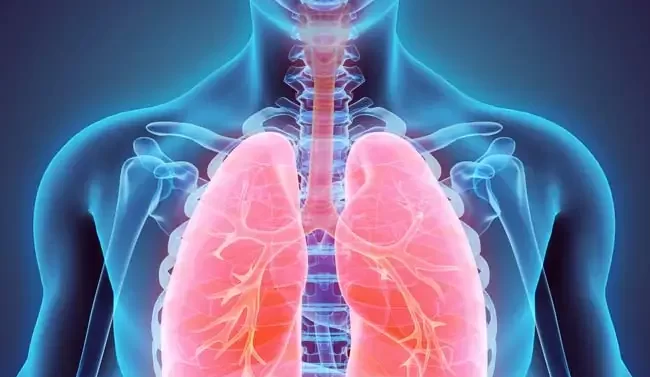Lung cancer develops when the cells in the lungs drastically change their DNA. A cell’s DNA is critical because it includes specific information that tells the cell what to do and what not to do. The DNA of healthy cells provides specific instructions on how to grow and multiply at a defined rate. Cancer causes sudden alterations in the DNA, resulting in the production of an abnormally large number of cells, known as a tumor. The tumor has the potential to harm healthy tissues throughout the body. In some situations, cancer cells can proliferate and spread throughout the body. This is known as metastatic cancer.
Lung cancer is a serious condition, but there are numerous simple steps you may do to lower your risk. Dr. Atul Narayankar, Consultant Medical Oncologist at Wockhardt Hospitals, discussed 5 simple measures to protect your lung health and reduce your risk.
Tips to Lower Lung Cancer Risk
Quit smoking: Smoking is a major cause of lung cancer. Cigarettes cause significant harm to your lungs and raise your risk of acquiring lung cancer. Smoking can lead to lung disorders as COPD, emphysema, and chronic bronchitis. Cigarettes include a variety of dangerous poisons and compounds that impact your lungs and overall health. Quitting smoking can help improve your quality of life and well-being.
Maintain a nutritious diet: Your diet should include a variety of foods such as vegetables, fruits, legumes, lentils, whole grains, nuts, and seeds. Choose foods rich in antioxidants, anti-inflammatory compounds, vitamins, fiber, and minerals. Avoid consuming packaged, processed, and junk food; instead, select healthy meal choices.
Exercise regularly: Maintaining physical health is essential for a healthy lifestyle and reduces the risk of lung cancer. To achieve the best outcomes, aim for at least 45 minutes of physical activity or exercise per day. This can be accomplished by engaging in numerous activities such as cardio, going to the gym, lifting weights, squats, swimming, running, cycling, yoga, and deep breathing exercises.
Regular cancer screening: People with a family history of lung cancer or who have smoked for a long time may consider obtaining cancer screenings on a regular basis. This can aid with the early detection of cancer cells. Early detection can save lives and enable timely intervention. Regular follow-up visits with your doctor can be beneficial. Consult your doctor if you are having difficulty breathing or have respiratory concerns. Don’t ignore symptoms such as coughing up blood, hoarseness, chest pain, shortness of breath, weight loss, poor appetite, and tiredness as these can be the signs of lung cancer.
Limit chemical exposure: People who work in chemical factories or operate machinery should take great care of their lungs and observe all safety precautions. Wearing a mask while working can help prevent harmful chemicals from entering their lungs. Working with hazardous materials such as asbestos, uranium, arsenic, cadmium, chromium, and nickel can be deadly, so practice extreme caution.
Source:In







 Finance
Finance







